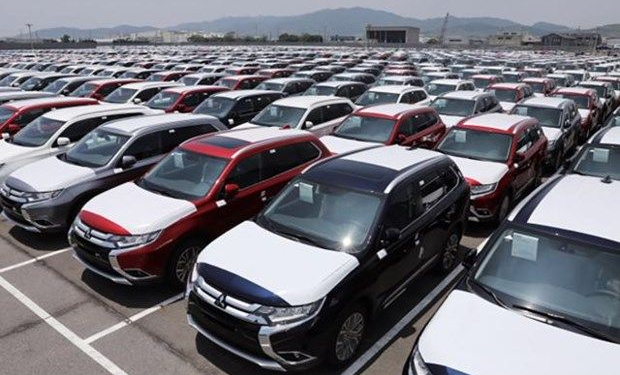The recent downturn in Vietnam’s automobile consumption and a descent to the fifth position in Southeast Asia has prompted experts to dissect the various external and internal factors influencing this shift.
Southeast Asian Car Sales Landscape
As per the Association of Southeast Asian Automobile Manufacturers (AAF), Indonesia leads the pack in car sales for the first half of the year, followed by Thailand and Malaysia. Surprisingly, the Philippines climbed to the fourth position, leaving Vietnam in fifth place with a significant 32% drop in units sold compared to the previous year.
External Factors Impacting Vietnam’s Auto Market
External factors, including the Russia-Ukraine conflict and global inflation, have shadowed Vietnam’s automobile consumption. These uncertainties have dented consumer confidence and purchasing power, resulting in a notable decrease in car sales.
Internal Challenges
Economic Disparities
Vietnam faces internal challenges rooted in its developing economy and market conditions. Its population’s living standards and purchasing power may not be as high as some Southeast Asian counterparts, contributing to the decline in automobile consumption.
Price Disparity and Model Choices
Pham Cuong, Chairman of the Vietnam Auto Motorcycle and Bicycle Association (Vamoba), highlights the relatively high car prices in Vietnam compared to other regional countries. The instability in Vietnam’s price policy, coupled with limited choices in car models, plays a pivotal role in influencing consumer preferences and their ability to make car purchases.
Financial Factors: Interest Rates and Real Estate Market
High bank interest rates and liquidity issues in the real estate market further contribute to the decline in car consumption. These financial challenges affect consumer capabilities and willingness to invest in high-value goods like cars.
Addressing the Decline: Stimulating Measures
Car expert Nguyen Minh Dong emphasizes the substantial price difference, with cars in Southeast Asian countries being 30-40% cheaper than in Vietnam. The unstable price policy and limited model choices in Vietnam necessitate considering measures to boost the market.
Exempting Taxes and Fees for Incentives
Experts suggest measures such as exempting or reducing special consumption taxes and car fees. This initiative aims to create incentives for consumers, making car ownership more accessible.
Diversifying Car Model Options
To address the limited choices in car models, experts propose providing consumers a broader range of options. This strategy aims to cater to diverse preferences and needs, potentially revitalizing the market.
Studying Regional Car Loan Policies
To ease financial burdens on consumers, experts recommend studying car loan policies from other countries in the region. Implementing favorable loan conditions can encourage more people to invest in cars.
Conclusion
While the decline in Vietnam’s automobile consumption may raise concerns, some experts view it as a prudent response to economic challenges. Implementing stimulating measures, such as tax exemptions, model diversification, and favorable loan policies, can potentially revive the auto market and contribute to a more sustainable and balanced industry.





